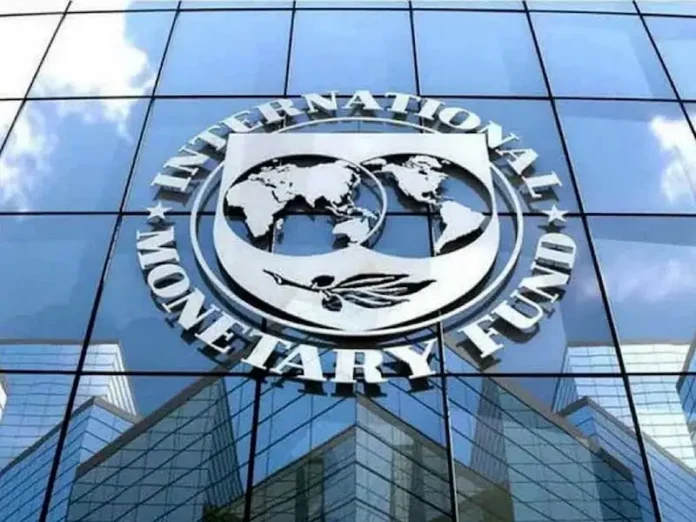The International Monetary Fund has raised fresh concerns over Nigeria’s economic direction, saying that while recent reforms are commendable, their benefits have not yet reached all Nigerians. Following its 2025 Article IV consultations with Nigeria’s top economic policymakers, the IMF reported that poverty and food insecurity remain widespread, even as the country works to stabilize its economy.
The IMF mission, led by Axel Schimmelpfennig, acknowledged that Nigeria has taken bold steps in the past year to support economic stability and resilience. These include halting the Central Bank’s financing of fiscal deficits, removing costly fuel subsidies, and improving the foreign exchange market operations. According to the IMF, these measures have created a stronger foundation for Nigeria to face global economic headwinds.
However, despite the progress, the IMF noted that significant risks still cloud the country’s macroeconomic outlook. A combination of heightened global uncertainty and declining oil prices is expected to weigh heavily on Nigeria’s economy in the months ahead.
In their final report, the IMF stated that the reforms have positioned the economy better than before, but emphasized that the gains are not yet widespread. Many Nigerians are still struggling with the rising cost of living, while hunger and poverty continue to pose serious challenges.
The report also stressed the need for stronger policy efforts. It is recommended that Nigerian authorities focus on building economic buffers, reducing inflation, and creating more opportunities for the private sector to drive growth. The IMF encouraged the government to implement the 2025 budget in a way that reflects lower global oil prices, while ensuring that savings from subsidy removal are redirected toward essential public spending.
Protecting critical investments and accelerating cash transfer programs were also highlighted as urgent priorities. The IMF underscored the importance of ensuring that fuel subsidy savings are used wisely, especially to support those facing severe food insecurity.
On the monetary front, the IMF advised a firm approach to controlling inflation. They said that the Central Bank’s data-driven decisions have been effective so far and encouraged continued vigilance. Announcing a clear path toward reducing inflation could help anchor expectations and improve investor confidence.
The IMF delegation held discussions with several key figures in Nigeria’s economic landscape, including the Minister of Finance and Coordinating Minister of the Economy Wale Edun, Minister of Agriculture and Food Security Abubakar Kyari, and Central Bank Governor Yemi Cardoso. They also met with senior officials, environmental agencies, members of the private sector, academic institutions, labor leaders, and civil society organizations.
The meetings provided a broad view of Nigeria’s economic environment, capturing both the progress and the persistent challenges. While reforms have laid a good foundation, the IMF’s message was clear — more targeted action is needed to ensure that the benefits reach every Nigerian and that the economy can weather future storms.

